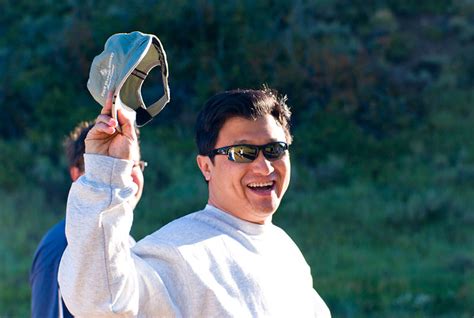A Quote by Henry Hazlitt
From a strictly economic point of view, buying gold in a major inflation and holding it probably presents the least risk of capital loss of any investment or speculation.
Related Quotes
A realistic definition of risk recognizes the potential loss of capital through inflation and taxes, and would include at least the following two factors: The probability that the investment you chose will preserve your capital over the time you intend to invest your funds. The probability the investments you select will outperform alternative investments for this period.
All of the government's monetary, economic and political power, as well as its extensive propaganda machinery, will be enlisted in a constant battle to drive down the price of gold - but in the absence of any fundamental change in the nation's monetary, fiscal, and economic direction, simply regard any major retreat in the price of gold as an unexpected buying opportunity.
The risk of an investment is described by both the probability and the potential amount of loss. The risk of an investment-the probability of an adverse outcome-is partly inherent in its very nature. A dollar spent on biotechnology research is a riskier investment than a dollar used to purchase utility equipment. The former has both a greater probability of loss and a greater percentage of the investment at stake.








































